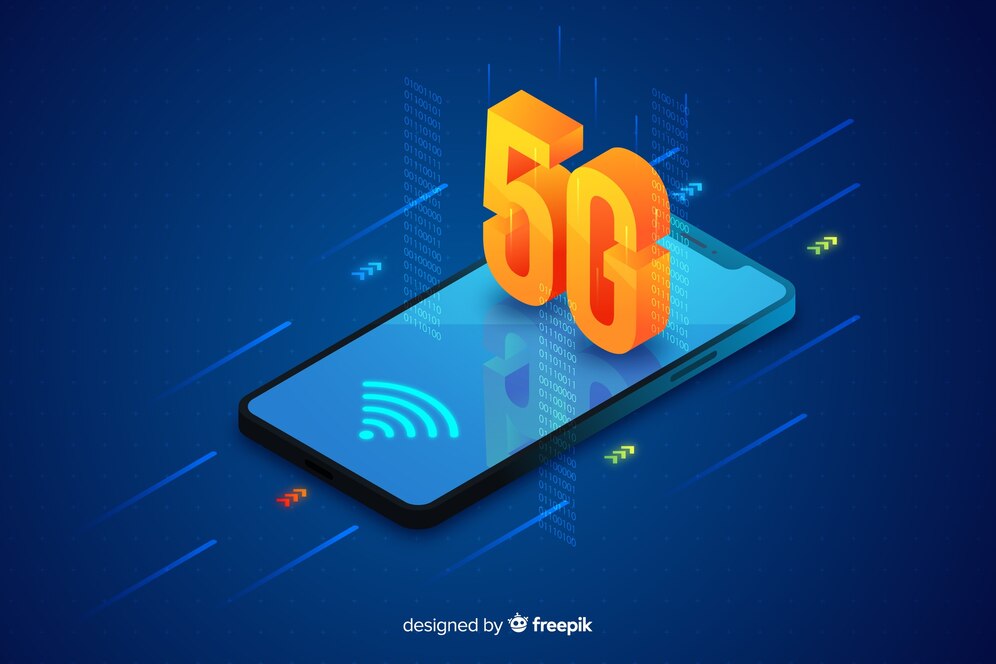
Introduction
5G technology is the fifth generation of mobile networks, promising to revolutionize the way we connect and interact with the world. Building on the foundation of 4G, 5G technology offers unprecedented speed, low latency, and the capacity to connect a massive number of devices simultaneously. This technological leap is set to impact various sectors, from telecommunications to healthcare, and beyond.
Key Features of 5G Technology
Enhanced Speed
One of the most significant advantages of 5G technology is its incredible speed. With data rates potentially reaching up to 10 Gbps, 5G is poised to be 100 times faster than its predecessor, 4G. This rapid data transfer capability will enable real-time streaming of high-definition videos, seamless virtual reality experiences, and faster downloads and uploads.
Low Latency
5G technology boasts remarkably low latency, often as low as 1 millisecond. This near-instantaneous response time is crucial for applications requiring real-time feedback, such as autonomous vehicles, remote surgeries, and online gaming. The reduced lag will enhance user experiences and open new possibilities in various fields.
Massive Device Connectivity
With the rise of the Internet of Things (IoT), 5G technology is designed to support a vast number of connected devices. It can handle up to a million devices per square kilometer, making it ideal for smart cities, industrial automation, and other IoT applications. This capability ensures that devices can communicate efficiently, enabling smarter and more responsive systems.
Impact on Different Sectors
Healthcare
In healthcare, 5G technology can facilitate remote patient monitoring, telemedicine, and even remote surgeries. The high speed and low latency ensure that medical professionals can provide timely and accurate care, regardless of the patient’s location.
Transportation
5G technology is a critical enabler for autonomous vehicles. The ability to process and transmit data in real-time allows for safer and more efficient transportation systems. Vehicles can communicate with each other and with traffic infrastructure, reducing accidents and optimizing traffic flow.
Entertainment
The entertainment industry will also benefit from 5G technology. Enhanced streaming quality, immersive virtual reality experiences, and improved online gaming are just a few examples of how 5G will transform how we consume and interact with content.
Conclusion
5G technology represents a significant advancement in mobile networks, offering enhanced speed, low latency, and massive device connectivity. Its impact will be felt across various sectors, from healthcare to transportation, driving innovation and improving the quality of life. As 5G technology continues to evolve, its full potential will undoubtedly unfold, shaping the future of connectivity.